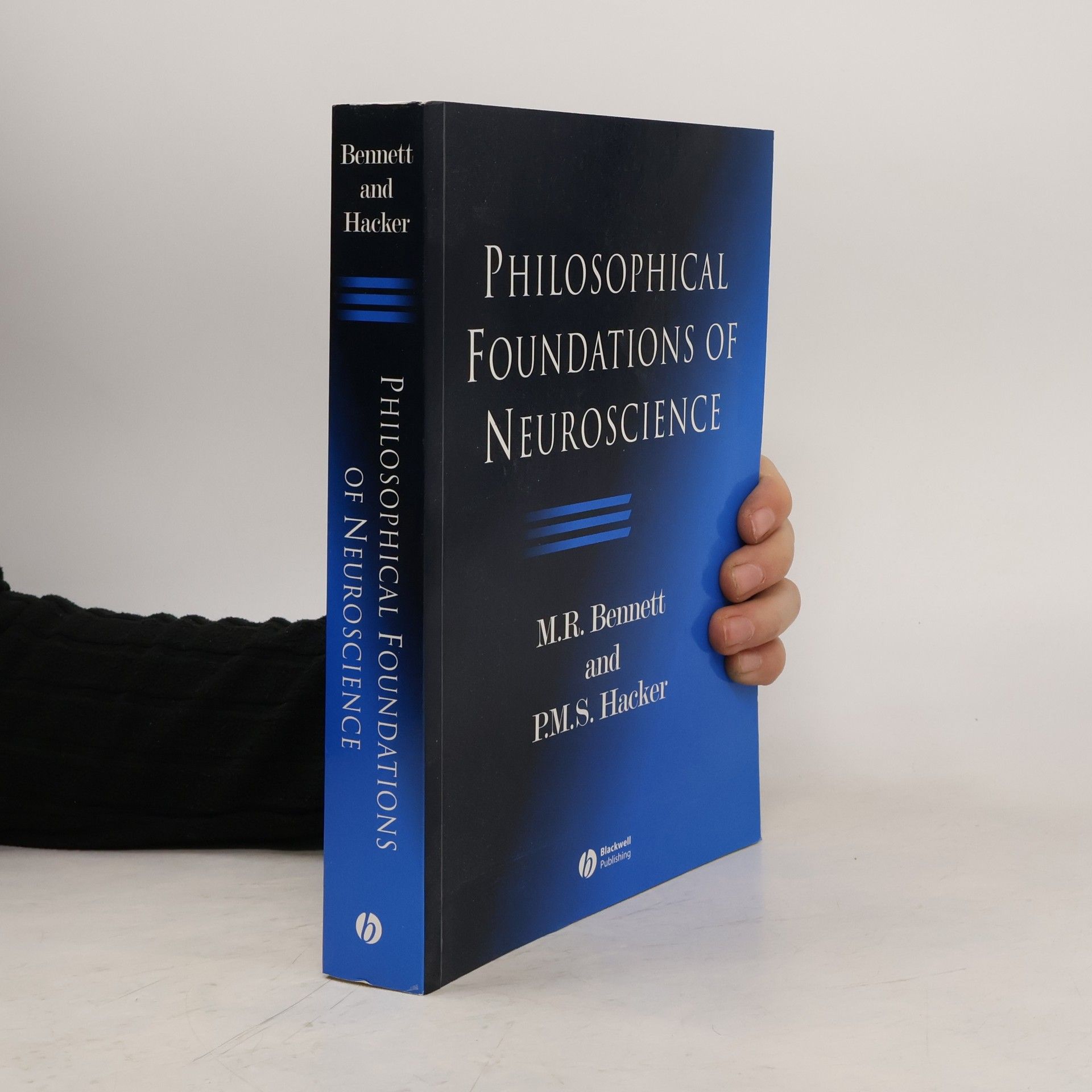Von Wittgensteins Werk Philosophische Untersuchungen ausgehend, richtet Hacker den Blick zunächst zurück, um den Kontext der Entstehung dieser epochemachenden Schrift zu schildern, und anschließend nach vorn, um die Wirkung von Wittgensteins Werk zu erkünden. Der Rückblick beginnt mit der Zeit der Jahrhundertwende, den Schriften des deutschen Logikers Gottlob Frege einerseits und den Arbeiten der englischen Philosophen Bertrand Russell und G. E. Moore andererseits. Damit wird zugleich der für Wittgensteins Denken bestimmende geistesgeschichtliche Rahmen abgesteckt: die Welt der in Logik und Begriffsanalyse avanciertesten Denker der deutschen wie der britischen Kultur. Hackers vergleichende Betrachtung konzentriert sich sodann auf die Entwicklung des wissenschaftstheoretisch und logisch orientierten Wiener Kreises (Schlick, Carnap, Neurath u. a.) und der eher an erkenntnistheoretischen und psychologischen Themen interessierten Cambridge-Philosophie der Vorkriegszeit. Im Anschluß an eine darauf folgende mustergültige Darstellung der Philosophischen Untersuchungen zeichnet Hacker den Weg der neueren analytischen Philosophie nach und behandelt dabei Autoren wie Quine, Dummett und Davidson, die in der gegenwärtigen Diskussion den Ton angeben.
Peter Hacker Bücher






Die philosophischen Grundlagen der Neurowissenschaften - 2. Auflage
- 565 Seiten
- 20 Lesestunden
An Analytical Commentary on the 'Philosophical Investigations'
- 704 Seiten
- 25 Lesestunden
This third volume of the monumental commentary on Wittgenstein's Philosophical Investigations covers sections 243-427, which constitute the heart of the book. Like the previous volumes, it consists of philosophical essays and exegesis. The thirteen essays cover all the major themes of this part of Wittgenstein's masterpiece: the private language arguments, privacy, avowals and descriptions, private ostensive definition, criteria, minds and machines, behavior and behaviorism, the self, the inner and the outer, thinking, consciounesss, and the imagination. The exegesis clarifies and evaluates Wittgenstein's arguments, drawing extensively on all the unpublished papers, examining the evolution of his ideas in manuscript sources and definitively settling many controversies about the interpretation of the published text. This commentary, like its predecessors, is indispensable for the study of Wittgenstein and is essential reading for students of the philosophy of mind. A fourth and final volume, entitled Wittgenstein: Mind and Will will complete the commentary.
The Great Philosophers: Wittgenstein
- 80 Seiten
- 3 Lesestunden
This highly accessible account offers an illuminating introduction to Wittgenstein's philosophy of mind and to his conception of philosophy. Combining passages from Wittgenstein's writings with detailed interpretation and commentary, Hacker leads us into a world of philosophical investigation in which 'to smell a rat is ever so much easier than to trap it.' Wittgenstein claimed that the role of philosophy is to dissolve conceptual confusions, to untie the knots in our understanding that result from entanglement in the web of language. He overturned centuries of philosophical reflection on the nature of 'the inner', of our subjective experience and of our knowledge of self and others. Traditional conceptions of 'the outer', of human behaviour, were equally distorted and so too was the relation between the inner and the outer. Hacker shows how Wittgenstein's examination of our use of words clarifies our notions of mind, body and behaviour.
Since the first publication of Insight and Illusion in 1972, a wealth of Wittgenstein's writings has become accessible. Accordingly, in this edition Professor Hacker has rewritten six of his eleven original chapters and revised the others to incorporate the new abundant material. Insight and Illusion now fully clarifies the historical backgrounds of Wittgenstein's highly differing masterpieces, the Tractatus and the Investigations, and traces the evolution of Wittgenstein's thought. Hacker explains all of Wittgenstein's writings in detail, focusing on his critique of metaphysics, his famous "private language argument" and his account of self consciousness.
This essential introduction to the philosopher and his thought, combines passages from Wittgenstein with detailed interpretation. Hacker leads us into a world of philosophical investigation in which "to smell a rat is ever so much easier than to trap it". Wittgenstein defined humans as language-using creatures. The role of philosophy is to ask questions which reveal the limits and nature of language. Taking the expression, description and observation of pain as examples, Hacker explores the ingenuity with which Wittgenstein identified the rules and set the limits of language.
A Beginner's Guide to the Later Philosophy of Wittgenstein
Seventeen Lectures and Dialogues on the Philosophical Investigations
- 326 Seiten
- 12 Lesestunden
Exploring Wittgenstein's later philosophy, this Beginner's Guide by Peter Hacker presents a dynamic mix of lectures and dialogues designed for those without prior philosophical knowledge. Key topics include the nature of language and meaning, the roots of necessity in convention, and the connections between thought, language, and behavior. It also delves into self-consciousness and understanding other minds, making it an engaging introduction for curious readers seeking to grasp complex ideas in an accessible manner.
Philosophical Foundations of Neuroscience
- 464 Seiten
- 17 Lesestunden
In this provocative survey, a distinguished philosopher and a leading neuroscientist outline the conceptual problems at the heart of cognitive neuroscience.
In this Beginner's Guide, Peter Hacker introduces the later philosophy of Wittgenstein in a lively and engaging combination of lectures and dialogues that presupposes no philosophical knowledge. He examines such topics as the nature of language and linguistic meaning, the analysis of necessity and its roots in convention, the relation of thought and language, the nature of the mind and its relation to behaviour, self-consciousness, and knowledge of other minds. This unique form of introduction will capture the interest of all readers with an enquiring mind.

